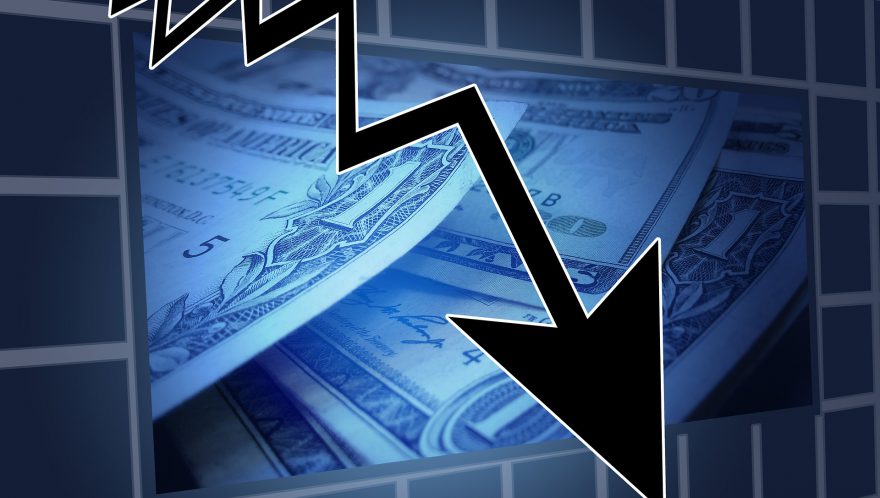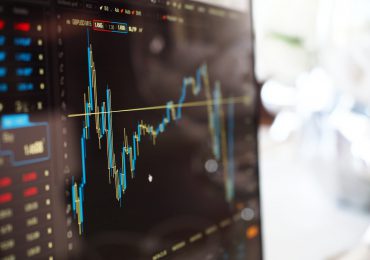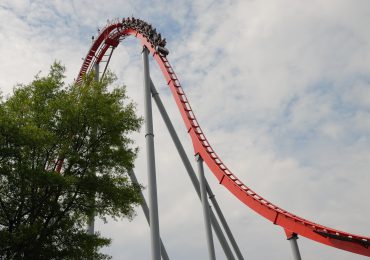Proponents of active management strategies maintain that funds tend to beat indexes when markets are in a downturn, but that hasn’t happened this year, according to Morningstar research that’s cited in a Barron’s article. Out of almost 3,000 active funds, just 40% of them beat their passive counterpart in the 12 months spanning from June 2021 through June 2022. In 2021, when markets were much calmer, that rate was 47%.
Logically, it stands to reason that active funds should outperform passive strategies because managers are actively buying and selling stocks as the markets move up and down, or holding cash to withstand the volatility. This time, the main component of active funds’ failure to beat passive seems to be U.S. large-cap funds, the article contends. 39% of large-cap funds outperformed passive funds, compared to mid- and small-cap funds which beat their passive counterparts at a rate of 48% and 50%, respectively. The difference could be the way information is disseminated in the markets; information on major corporations, such as big tech, is readily available to everyone, but in the small- and mid-cap markets information becomes more exclusive, giving skillful managers an edge.
While it might be easy to pin active funds’ underperformance on this year’s volatility, active funds actually didn’t perform much better in the decade from June 2012 to June 2022; only 25% of active funds outperformed their passive peers during that time, according to Morningstar’s research. Actively-managed funds carry higher fees, especially U.S. large-caps, and outperformance, so frustratingly elusive this year, is an important justification for those fees, the article concludes.
———————————————
Validea runs stock and ETF models based on investment strategies with proven long-term track records. If you’re new to Validea, consider taking a look at our product overview or introductory videos.










